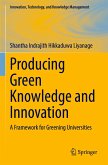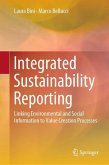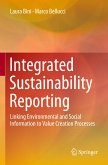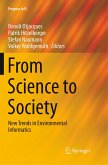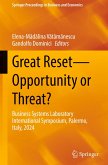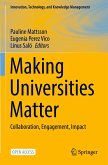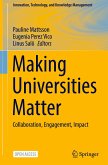This book provides a model for greening a university which in turn can produce green knowledge and innovation in the mainstream knowledge production process. This model, which is based on research, can be adopted by the conventional universities in other regions. Such a process results in providing benefits to stakeholders of the university at the micro-level. At the macro-level, it blends with the other knowledge systems-namely, the natural environment of society, economic system, media-based and culture-basedpublicand civil society, and political system-to create a sustainable knowledge economy.
Bitte wählen Sie Ihr Anliegen aus.
Rechnungen
Retourenschein anfordern
Bestellstatus
Storno


